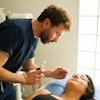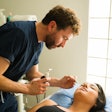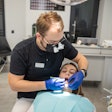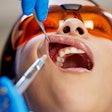The Association of Anaesthetists of Great Britain and Ireland (AAGBI) has issued new guidelines on preventing and handling emergencies related to severe and potentially fatal allergic reactions to anesthesia, according to a news article on Dentistry.co.uk.
Most reports of anesthesia-related anaphylaxis originate from France, Australia, New Zealand, and the U.K., but cases have also been reported from Scandinavia and the U.S., according to the article.
"Although anesthetic anaphylaxis is still relatively rare, we have noticed a rise in the number of patients being referred to specialist allergy clinics after an adverse reaction during surgery," said Dr. Nigel Harper, one of the U.K.'s leading experts on anesthesia, in the story.
A research review carried out by an AAGBI working group also found the following:
- Antibiotic anaphylaxis is more common in smokers, possibly because of increased exposure to repeated courses of antibiotics for respiratory tract infections.
- Patients with a history of allergic skin diseases, asthma, and food allergies appear to face a greater risk from latex, but not from neuromuscular drugs or antibiotics.
- Individuals who have asthma or take beta-blocking drugs may suffer a more severe reaction.
- People who suffer allergies to common environmental chemicals in toothpastes, washing detergents, shampoos, and cough medicine may be more sensitive to neuromuscular blocking agents.
To view the new safety guidelines, visit the AAGBI Web site.
Copyright © 2009 AuntMinnie.com



















